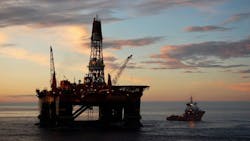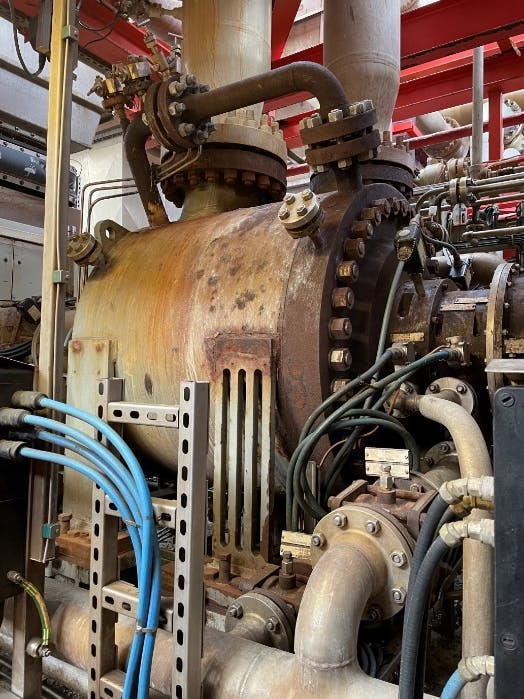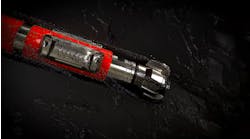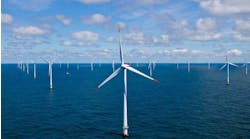What is Norway's role in securing Europe's power supply?
By Murray Wilson, Sulzer
Norway has taken on a pivotal role in securing Europe’s power supply as sanctions on Russian oil and petroleum imports reshape the region’s energy landscape. With Russia's imports severely restricted, Norway has ramped up production, becoming Europe's top exporter of natural gas.
The Norwegian Continental Shelf remains crucial in bridging the gap between supply and demand, with the country's government showing its commitment to energy security. Energy Minister Terje Aasland recently announced that Norway would continue developing its petroleum sector, issuing 62 new production licenses this year—a notable increase from 47 in 2023. With investment in the sector expected to reach record highs, the focus is increasingly on ensuring the reliability of existing infrastructure to support growing demands.
However, last year saw several unplanned maintenance shutdowns, impacting production. The Nyhamna gas processing plant, for example, was offline for two months due to issues with its cooling system. To maintain its role as Europe's top gas exporter, Norway must now focus on plantwide efficiency improvements and holistic maintenance strategies that ensure long-term operational stability while maximizing output from both new and existing assets.
Unlocking efficiency in operations and maintenance
Norway has long been a leader in offshore technology and automation, with sovereign wealth funds enabling significant investments. The country is also advancing in areas like electrification and green hydrogen, setting a high bar for safety, cost reduction and environmental outcomes. Yet, there are still opportunities to improve.
One area where Norway could gain further efficiencies is in operations and maintenance. Historically, operators have maintained separate teams for specific equipment types, such as pumps and electro-mechanical components. While this approach ensures specialization, there is potential to increase synergies by integrating operations and maintenance strategies across equipment types. By focusing on plantwide efficiency, Norwegian operators could reduce emissions, lower costs and improve overall reliability.
Case study: North Sea compressor repairs
A recent example highlights how targeted interventions can boost efficiency. A platform in the North Sea was operating both compressor trains in parallel due to low availability, eliminating redundancy and driving up maintenance costs. Sulzer identified oil contamination and seal leakage as key issues, scheduling repairs during planned shutdowns.
By splitting the work across two shutdowns, compressor availability rose from 58% to 95.2%, doubling the platform's production capacity and significantly reducing fuel gas consumption. This reduction in fuel gas helped to future-proof operations and also cut carbon emissions by 40,000 tonnes annually.
Maximizing upgrades for long-term gains
Re-rates and retrofits are another area where Norwegian operators can unlock major benefits, especially as infrastructure ages. When equipment is re-rated by 10% or more, it is essential to ensure compatibility across the entire process train. By inspecting and upgrading components such as motors and transmissions, operators can improve energy efficiency and extend the lifespan of critical assets.
Working with contractors who can provide integrated repair, maintenance and installation services across various equipment types ensures that every aspect of the system functions seamlessly. This holistic approach positions Norway’s oil and gas operations for long-term reliability and sustainability, safeguarding the country’s critical role in Europe’s energy future.





